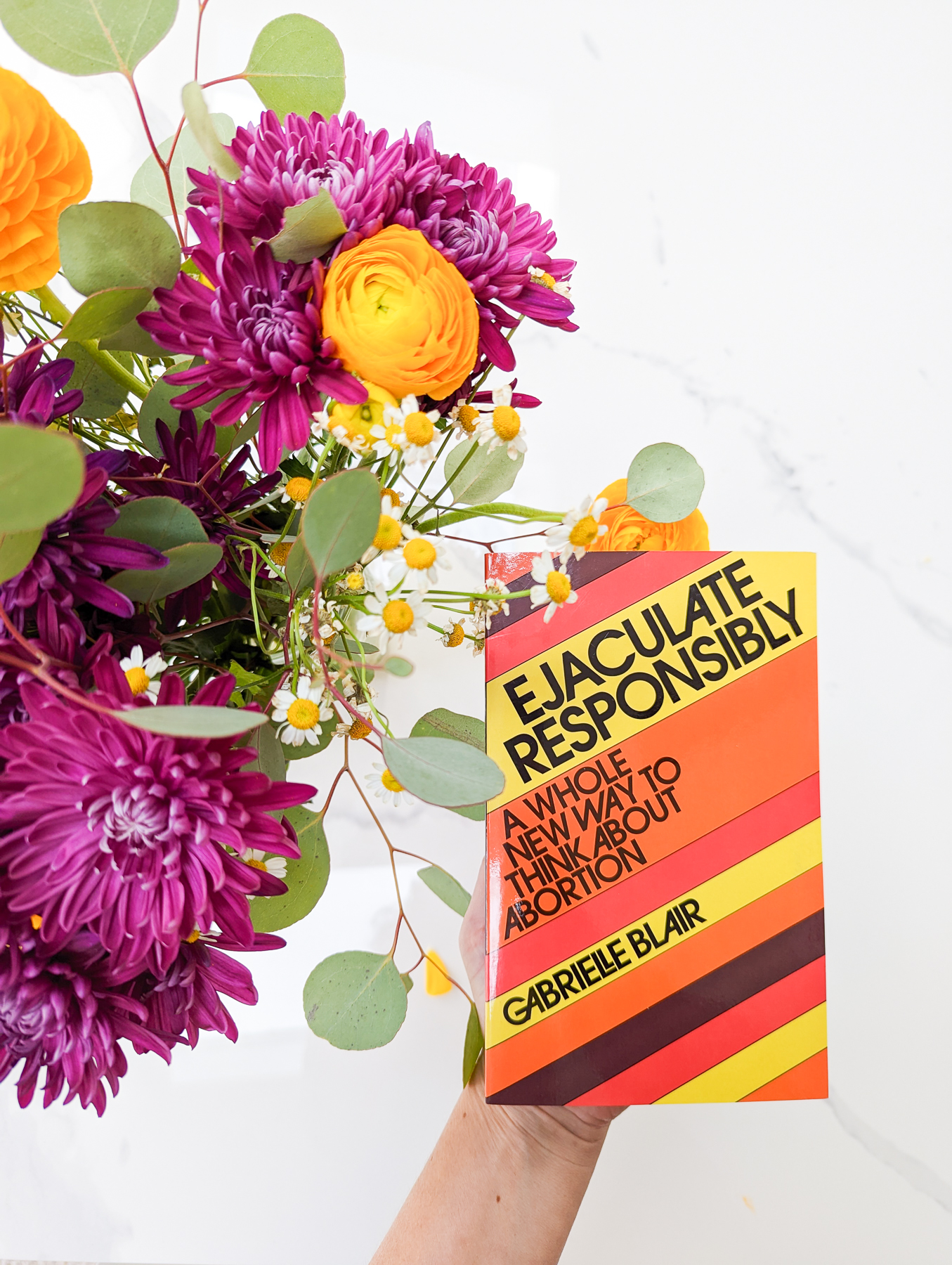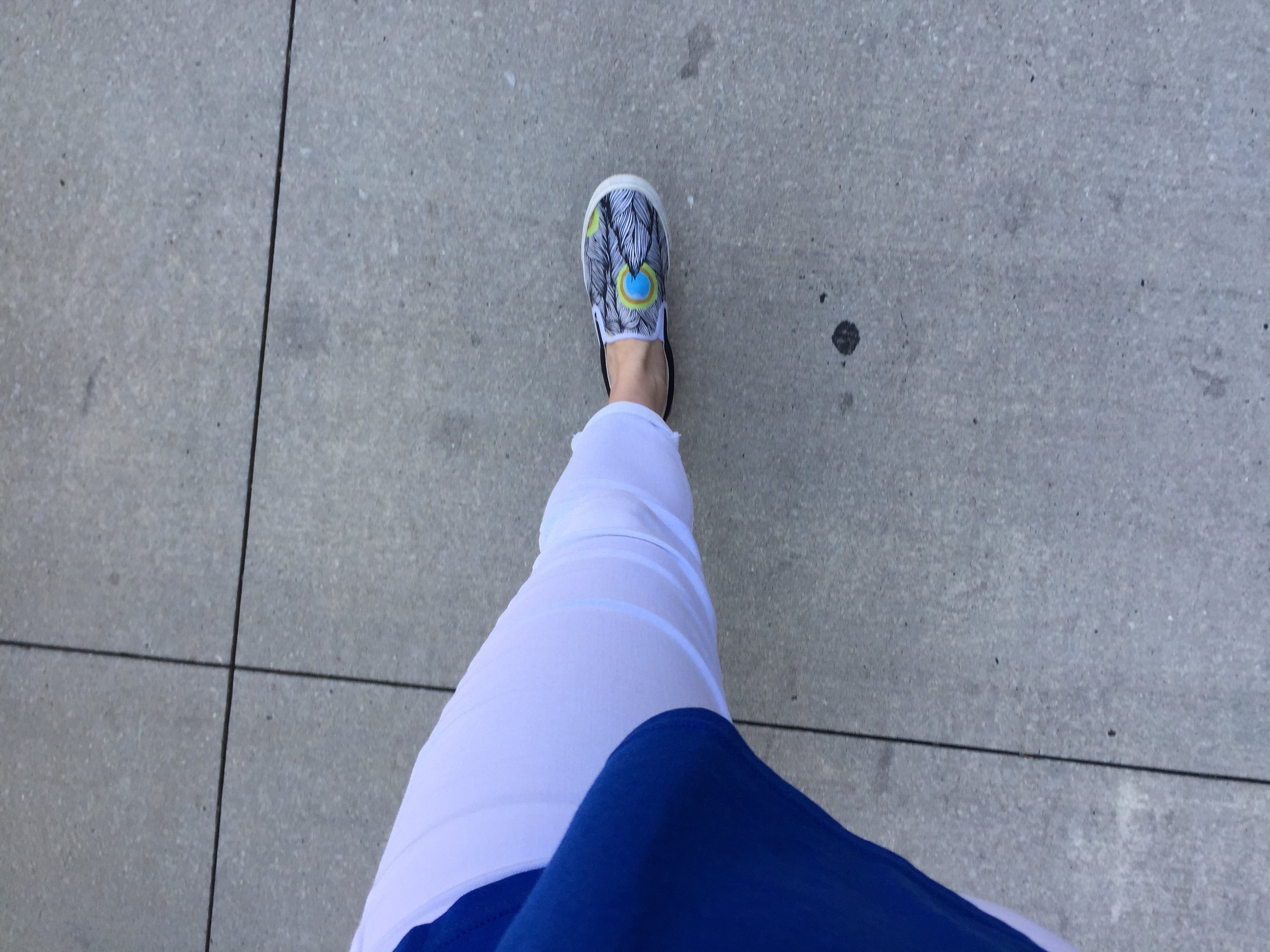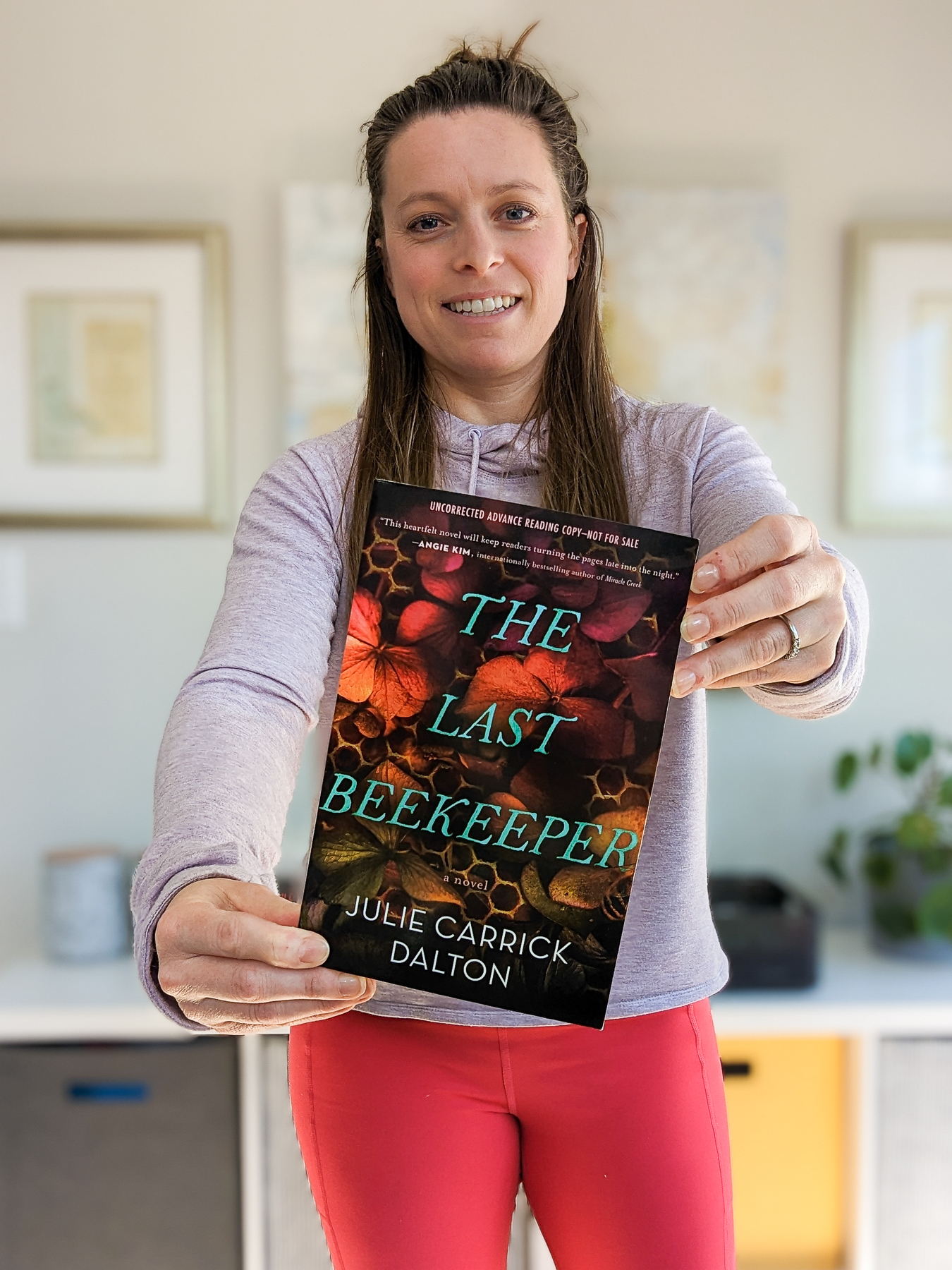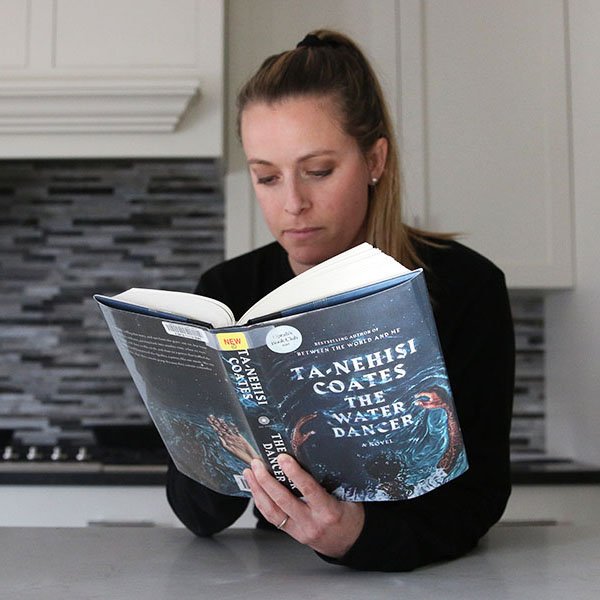5 Books I’ve Been Reading Lately – Hard Things Worth Doing
Looking for some good books to read? Check out 5 books I’ve been reading lately, all of which tackle different perspectives on doing hard but important things and how we can each have a big impact in our communities.

Hard things are worth doing. Struggle builds character. All of us matter and can make an impact when we do the things that need doing. We need everyone to do their part. And also… not everyone gets a trophy.
Lately, I’ve been reading many books that tackle the challenging problems we face in our communities and our country, especially (though not exclusively) as it relates to the fate of our democracy.
Steering clear of the doom and gloom, most of these books discuss challenges we face but also offer hopeful ideas and tactics about how to come together and protect the institutions that are so important to us.
Let’s get some reading on!

Renegade: Defending Democracy and Liberty in Our Divided Country by Adam Kinzinger
As a person of deep religious faith and long-time conservative political perspectives, Kinzinger tells his story of faith, service, and political duty in a democracy under siege. From the small Illinois county board where he got his start, to his years in the Air Force flying tanker missions over Iraq, to his final tumultuous term in Congress as one of the few Republican members to vote to impeach Trump and join the House Select Committee to Investigate the January 6th Attack on the United States Capitol, Kinzinger shares about his experience being inside the chaos that threatens our democracy.
I appreciated his honesty throughout the book. Without making the book about hate or division, he isn’t afraid to call out some of the general bad behavior he sees that has led to such misinformation and animosity. While I hadn’t thought about it in the way he mentions it, I particularly appreciated his discussion of how media pundits consistently try to discredit long-standing and respected institutions like science and education as untrustworthy and corrupt in order to present themselves as the “source of truth.”
It’s a dangerous game with the sole intent of profit for themselves and their brands that has turned fiction into “fact.” It conflates peddling hate and misinformation for a profit with the idea that we are each entitled to our own opinion and such behavior is acceptable. Furthermore, these bad actors are one of the root causes of the turmoil we face today.
The result is both a searing examination of the rise of extremism and the GOP’s subsequent descent into a dysfunctional and destructive force, and a rousing call to return to unity.
Recoding America: Why Government Is Failing in the Digital Age and How We Can Do Better by Jennifer Pahlka
This book was so much more than I expected. While I anticipated a dive into the technology side of government, it really highlights the disconnect between government policy writing and policy implementation, a disconnect that is unimaginably expensive, causes policy to fail and be inequitable, and erodes trust in our government.
It’s a reminder that the day-to-day work of civil servants – the everyday Americans who do the work of government for a living – is so important and deserves a lot more influence and prioritization than it’s long been given.
Pahlka provides many examples related to Medicare, food benefits in California, and the VA (as examples) where well-intentioned policy failed miserably and exploded budgets. Typically, the implementation people were not involved from the beginning or given enough influence and authority to provide feedback throughout the development of a project to those above them, which resulted in projects that went way over budget and/or didn’t accomplish the goals set out to be achieved. She also highlights success stories within these disasters to show how we can do better.
This message is key going forward, particularly as the government has recently passed enormous spending bills like the Inflation Reduction Act and the CHIPS Act (among others) that allocate so much government money. In order to ensure that this money is spent judiciously and effectively, we need to make sure that the systems that manage them are user-friendly, simple, effective, and efficient or we will see billions of tax dollars flushed down the drain without any meaningful benefits to the American people to show for it.
Hidden Potential: The Science of Achieving Greater Things by Adam Grant
This book highlights the power of measuring success not by where we end up but by the distance we have traveled. Grant shows that progress depends less on how hard you work than how well you learn.
Growth is not about the genius you possess but the character you develop. Grant explores how to build character skills and motivational structures so we can each realize our own potential, and how to design systems that create opportunities for those who have been underrated and overlooked.
In addition to our own development and success, this book provides a fresh perspective on how we think about privilege and accomplishment. His research and stories highlight how we can encourage and measure success, talent, and character outside of test scores and finish lines. Considering how long someone traveled and under what circumstances to get to a finish line is often more telling than when or how easily they arrived.
The Book Woman of Troublesome Creek by Kim Michele Richardson
Inspired by the true blue-skinned people of Kentucky and the brave and dedicated Kentucky Pack Horse library service of the 1930s, this book is a story of raw courage, fierce strength, and one woman’s belief that books can carry us anywhere—even back home.
Before reading this book, I had never heard of the blue-skinned people or the Pack Horse library service. As an avid library fan, I appreciated how important books were to the main character and the people in her community to whom she brought the books.
I was further surprised (maybe naively) to see how many parents (especially fathers) did not want their children to read books because they did not value them and thought they might harm their upbringing. Outside of reading the Bible, books were a waste of time and filled with filth. And yet, they made so many people so happy!
The story also offers an eye-opening reminder about how we judge people based on their skin color, and how ineffective that judgment can be. Because the main character has blue skin (and not a color we see today), I felt like it shed light on how prejudice engrains itself in our communities without connecting specifically to something that is emotionally charged today.
This book has won many awards and for good reason. It was a bit heavy but worth the read if you’re in the headspace to tackle something with depth and cause for reflection.
The Coddling of the American Mind: How Good Intentions and Bad Ideas Are Setting up A Generation for Failure by Greg Lukianoff and Jonathan Haidt
This book is great for parents and students alike. In a world where everyone seems to get a trophy just for participating (even if they don’t try very hard) because we’re afraid of hurting feelings, this book is a reminder that such soft boundaries and coddling can be incredibly unproductive and unhelpful to building resilient humans and communities. This book focuses especially on matters related to free speech on college campuses, but the ideas and concepts can be applied much more broadly.
First Amendment expert Greg Lukianoff and social psychologist Jonathan Haidt show how the new problems on campus have their origins in three terrible ideas that have become increasingly woven into American childhood and education: what doesn’t kill you makes you weaker; always trust your feelings; and life is a battle between good people and evil people.
These three Great Untruths are incompatible with basic psychological principles, as well as ancient wisdom from many cultures. They interfere with healthy development. Anyone who embraces these untruths—and the resulting culture of safetyism—is less likely to become an autonomous adult able to navigate the bumpy road of life.
The book provides a compelling argument for letting our kids struggle a bit more, endure reasonable amounts of mental and emotional discomfort, and be exposed to a greater variety of viewpoints both to encourage critical thinking and develop their resilience related to emotional character.

Jen Panaro
Jen Panaro, founder and editor-in-chief of Honestly Modern, is a self-proclaimed composting nerd and advocate for sustainable living for modern families. To find her latest work, subscribe to her newsletter, Stepping Stones.
In her spare time, she’s a serial library book borrower, a messy gardener, and a mom of two boys who spends a lot of time in hockey rinks and on baseball fields.
You can find more of her work at Raising Global Kidizens, an online space to help parents and caregivers raise the next generation of responsible global citizens.











